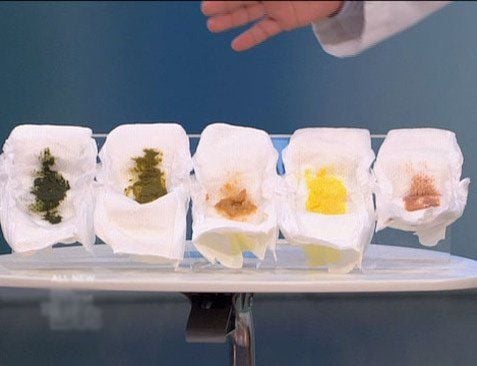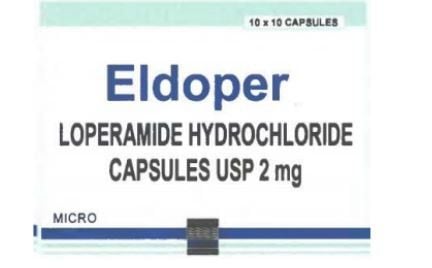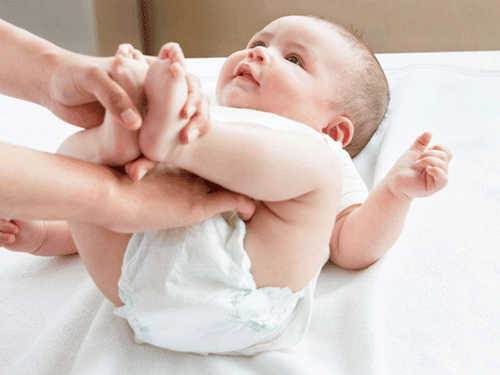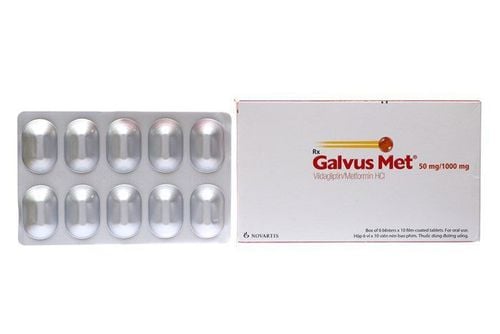Sour-smelling or frothy stool in infants is a sign of digestive disorders or intestinal infections. Understanding the information related to sour-smelling stool in infants will help parents and doctors to provide early treatment and appropriate care for the baby.
1. Sour-Smelling Stool in Infants
Sour-smelling stool in infants is a common condition that causes considerable confusion and concern for parents. According to pediatric experts, the digestive system of young children is still very immature and cannot fully absorb nutrients. Therefore, mild sour-smelling stool in infants is a completely normal manifestation, and parents can handle it at home without too much worry. However, the baby should be taken to the hospital immediately for monitoring and timely treatment if the sour-smelling stool is accompanied by the following symptoms:
- The infant has loose stools, diarrhea, or frothy stools.
- The baby defecates more than usual and more than three times a day.
- The stool is liquid, not formed, and green in color.
- The baby is tired and pale due to severe dehydration.
2. Causes of Sour-Smelling Stool in Infants

When an infant's stool has a sour smell, it is important to quickly identify the exact cause to provide timely treatment and avoid affecting the baby's health. Some common causes of sour-smelling stool in infants include:
2.1 The Infant Can Not Absorb All Nutrients
As mentioned above, the digestive system of infants and young children in the early stages of life is still immature, so the baby's body cannot fully absorb all the nutrients provided.
In cases where the sugar and nutrient content in the milk the baby drinks is excessive, it can irritate the stomach or create conditions for microorganisms to develop, which is one of the causes of sour-smelling stool.
Another cause of sour-smelling stool in infants may be that the baby does not have enough enzymes to break down lactose when breastfeeding or drinking formula milk.
Additionally, for babies in the weaning stage, an excessive or undercooked amount of starch can easily cause digestive irritation, leading to sour-smelling and frothy stool.
2.2 The Baby Has a Bacterial or Microbial Infection in the Digestive Tract
Infections and microbial imbalances are dangerous causes of sour-smelling stool in infants. Parents should pay special attention to the origin of food to avoid the risk of the baby being infected with rotavirus or some harmful bacteria. These microorganisms not only cause sour-smelling stool but also overwhelm and compete with beneficial bacteria in the intestines, causing an imbalance in the digestive system, leading to diarrhea, dehydration, and even life-threatening conditions.
2.3 The Infant Has Recently Undergone Antibiotic Treatment
As an unwanted side effect, antibiotics are also among the causes of sour-smelling stool in infants. Antibiotics simultaneously kill both beneficial and harmful factors, so after a period of antibiotic use, some beneficial bacteria in the digestive system are weakened, leading to an imbalance in the microbial system. This causes digestive disorders in infants and makes their stool sour-smelling.
3. What to Do When an Infant's Stool Has a Sour Smell
3.1 Adjust the Diet to Suit the Baby's Needs
For infants who are exclusively breastfed: mothers should pay attention to their diet, as everything they eat can be transformed into milk for the baby. Mothers should eat foods like vegetables, yogurt, and bread, and limit foods that are too greasy, fast food, stimulants, etc., and choose clean foods with clear origins to avoid infections that cause sour-smelling stool in infants.
For infants who drink formula milk: sour-smelling stool often occurs in the first 2 to 3 days when the baby starts drinking milk. Parents should monitor the baby's absorption ability. If necessary, consider changing to a different type of milk that is more suitable for the baby's body.
3.2 Ensure Hygiene
Ensuring the hygiene of the food the mother eats or the food given to the baby is extremely important to prevent digestive disorders that lead to sour-smelling stool. Additionally, parents should also ensure the hygiene of the items and toys that the baby comes into contact with to maintain cleanliness for the baby.
Please dial HOTLINE for more information or register for an appointment HERE. Download MyVinmec app to make appointments faster and to manage your bookings easily.













